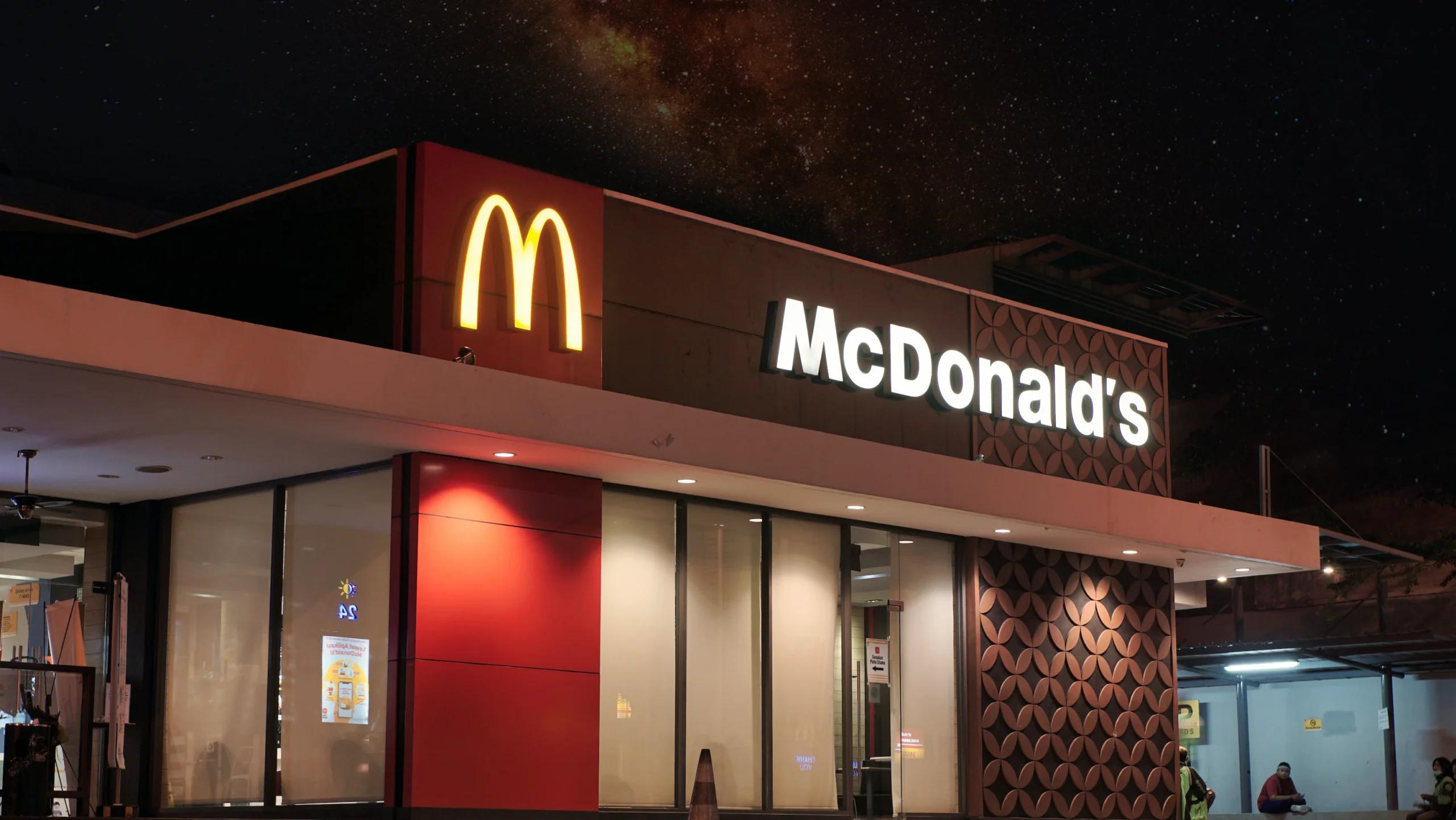McDonald’s is facing a copyright lawsuit from the estate of Dash Snow, a graffiti artist who died in 2009, after artwork that is allegedly similar to Snow’s was discovered is several of the fast food chain’s restaurants around the world, including here in the U.S. Snow’s work has been featured in museums and galleries, as well as auctioned off by fine art auction house Sotheby’s.
The claims against McDonald’s include straightforward copyright infringement, falsification of copyright management, and federal and state unfair competition.
According to the complaint, filed on October 3rd in the U.S. District Court for the Central District of California by Jade Berreau, the estate’s administrator, McDonald’s copied Snow’s artwork for use in “graffiti-themed” restaurants, and was also using his “SACE” tag—his pseudonymous signature—to suggest that he had created the designs. “Defendants singled out and spotlighted the display panels featuring Mr. Snow’s artwork,” says the suit. “Not only is Mr. Snow’s artwork the largest and most prominent element on display, but it is also the only element ‘created’ by a famous artist. The remaining graphic elements are comprised of generic anonymous shapes and scribbles.” The artwork was also specifically used for media coverage about the restaurants with the graffiti décor.
The suit goes on to explain that while he was alive, Snow was adamant in his refusal to let his artwork become associated with “corporate culture and mass-market consumerism” because he was simply an artist, but also for fear that it would lessen the value of his work. Because of McDonald’s alleged copying, Berreau thinks that Snow’s legacy will now be vulnerable to accusations of “selling out.”

Where creative minds come together
The estate discovered the artwork in McDonald’s this June, and prior to filing the complaint it asked McDonald’s to remove it from its restaurants. The estate claims that McDonald’s has benefitted from increased foot-traffic and sales because of the artwork. It also claims that the perceived association with Snow had been advantageous for McDonald’s brand and image, while Snow’s reputation and credibility have been damaged.
In another graffiti copyright infringement suit that made national headlines last year, Jeremy Scott, the creative director at high fashion house Moschino, was sued by street artist Rimes for copying images from Rimes’ mural ‘VandalEyes’ for Moschino’s 2015 autumn/winter collection. Scott and Moschino filed a motion to dismiss based on the assertion that the mural was vandalism since Rimes wasn’t authorized to create it on the wall he used and should not be protected by law. There isn’t much case law on the matter, since many of the graffiti copyright infringement suits have been settled out of court (like the Rimes/Scott/Moschino one eventually was), but street art does meet U.S. copyright law’s pretty low standard for protection: original works of authorship fixed in a tangible medium.
The case is Berreau v. McDonald’s Corporation et al, 2:26-cv-07394, Central District of California.
Stay tuned to our blog for more news on this case and others.



